Choosing between a Rhode Island home inspector and a DIY approach can be challenging for many homeowners. While some may think they can save money by inspecting their own property, the reality often highlights the importance of professional expertise. This article will explore home inspection services in Rhode Island, evaluate DIY methods, and discuss the costs associated with hiring an inspector. Readers will gain insights into how professional services can effectively address potential issues like mold testing in Rhode Island, helping to safeguard their investments and ensure peace of mind.
Key Takeaways
- Hiring a licensed home inspector ensures a thorough evaluation of the property
- Professional inspections can uncover hidden problems that DIY methods may miss
- Understanding the costs aids homebuyers in making informed inspection decisions
- Personalizing inspections addresses specific concerns and enhances the evaluation process
- Legal certification for inspectors ensures reliable assessments and peace of mind for buyers
Understanding Home Inspection Services in Rhode Island
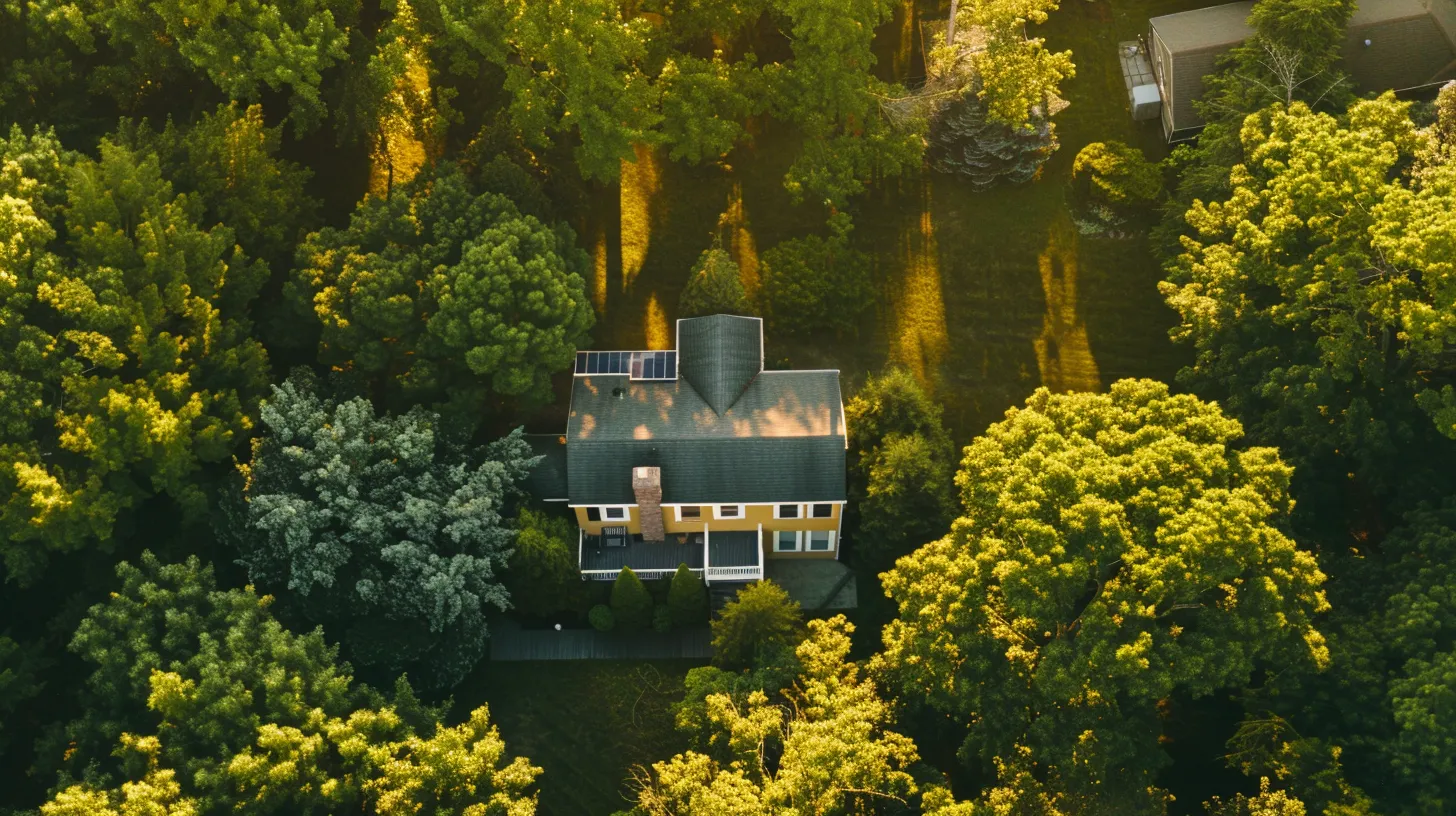
Professional home inspectors are essential to ensuring safety and quality in real estate transactions. In Rhode Island, various home inspection services, such as radon testing and pest control, are available to customers looking for thorough evaluations. This section will outline the importance of hiring a licensed inspector, the services they offer, and tips for selecting an inspector who fits your needs and budget, including typical fees. book chapters 1-3
The Importance of a Professional Home Inspector
Hiring a professional home inspector in Rhode Island is crucial for any user looking to purchase a home. These licensed inspectors bring valuable knowledge about construction and can identify potential problems that may be overlooked in a DIY inspection. Although the price may seem high initially, the investment protects the buyer from costly repairs in the future, ensuring that their new home is safe and sound.
Home Inspection Services Available in Rhode Island
In Rhode Island, home inspection services encompass a range of evaluations critical for prospective homeowners. Certified inspectors evaluate structural integrity, electrical systems, plumbing, and environmental hazards like mold. Additionally, these professionals carry liability insurance to protect clients, which is not often the case with DIY approaches, potentially leaving buyers at risk during their real estate ventures.
How to Choose an Inspector in Rhode Island
Choosing the right home inspector in Rhode Island is vital for a thorough home inspection and peace of mind. Prospective buyers should look for a licensed professional with experience in evaluating various property aspects, including the roof, plumbing, and electrical systems. Customer service should also be a priority; an inspector who communicates clearly about findings will provide greater confidence in the decision-making process.
| Criteria | Considerations |
|---|---|
| Licensing | Ensure the inspector has the necessary licenses to operate in Rhode Island. |
| Experience | Look for an inspector with a strong background in home inspections and property evaluations. |
| Services Offered | Confirm that the inspector provides comprehensive services, and any additional services needed including septic & well evaluations and environmental testing. Check out the additional services House Doctor Home Inspection provides. |
| Customer Reviews | Read online reviews to gauge the inspector’s reputation and customer service quality. |
Home inspections offer a guide through the hidden aspects of a home. Yet, many wonder if they can take on the task themselves; understanding DIY methods could reveal new insights.
Evaluating DIY Home Inspection Methods
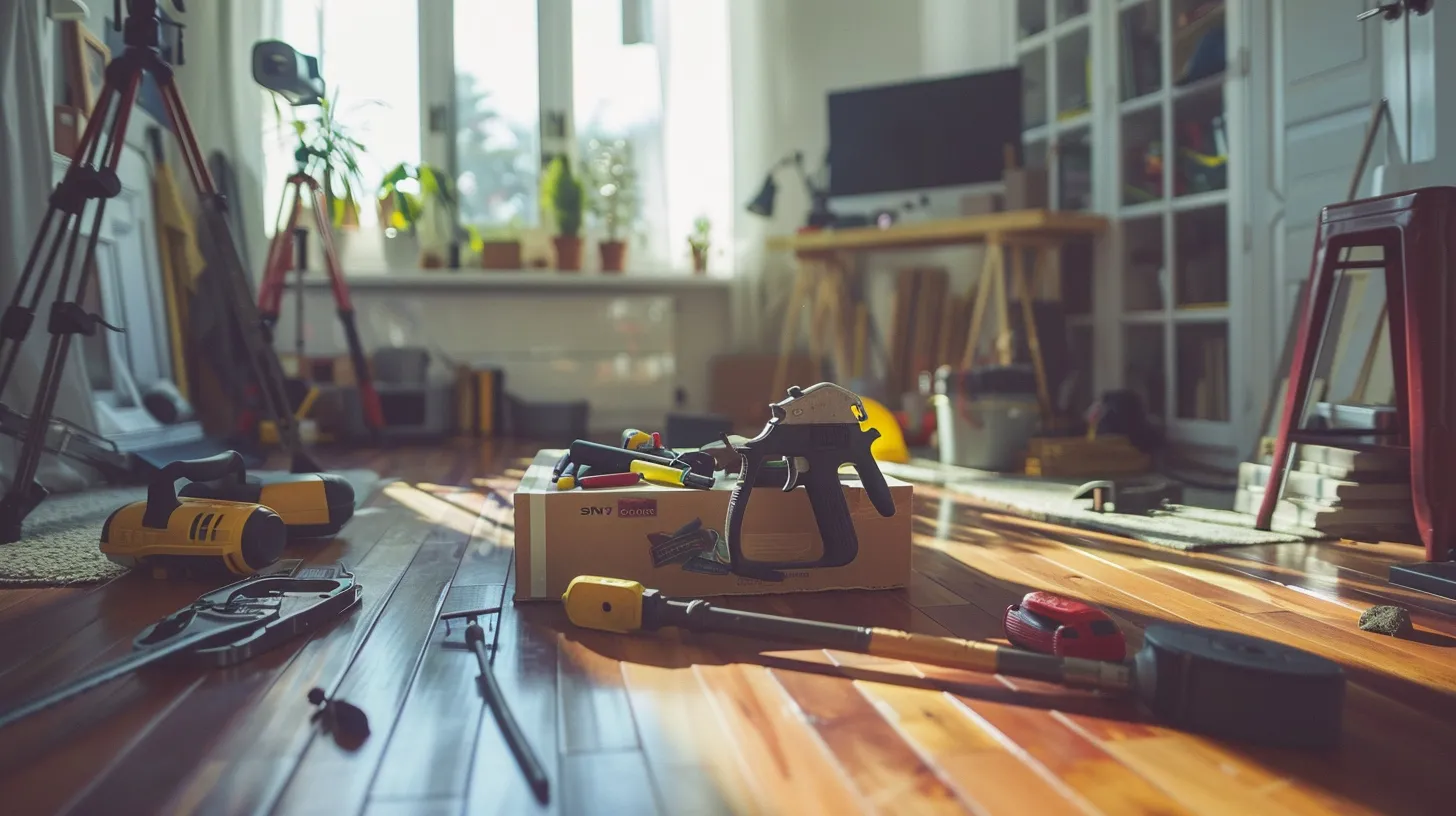
Conducting a DIY home inspection involves utilizing common tools to assess critical areas such as roofing, plumbing, and electrical systems. However, there are limitations to this approach, as inexperienced individuals may overlook significant issues. This section will outline essential tools for DIY inspections, discuss common limitations, and highlight key areas to inspect, providing practical insights for homeowners considering this route.
Common Tools Needed for DIY Inspections
Homeowners considering a DIY home inspection should equip themselves with essential tools to effectively assess their property. Key items include a flashlight for examining dark spaces, a moisture meter to detect leaks or high humidity, and a ladder for checking the roof and gutters. While these tools can help identify some issues, they may not uncover deeper problems that a licensed Rhode Island home inspector would typically spot, underscoring the value of professional evaluations.
| Tools for DIY Inspection | Purpose |
|---|---|
| Flashlight | To illuminate dark areas during inspection. |
| Moisture Meter | To detect leaks or moisture in walls and ceilings. |
| Ladder | To safely access roofs and gutters for inspection. |
Limitations of Conducting Your Own Home Inspection
Conducting a DIY home inspection has notable limitations that can impact the assessment’s quality. Homeowners may lack the training to identify critical issues like structural damage or mold growth, potentially overlooking hazards that could lead to expensive repairs. Without the expertise of a licensed Rhode Island home inspector, individuals may unknowingly accept a property that harbors significant problems, jeopardizing their investment and safety:
| Limitations | Impact on Home Inspection |
|---|---|
| Lack of Training | Inexperienced homeowners may miss critical issues, affecting the home’s safety and integrity. |
| Recognition of Hazards | Homeowners may not be aware of specific environmental threats, like radon or mold. |
| Potential for Misdiagnosis | DIY assessments could lead to incorrect conclusions and unnecessary repairs. |
Key Areas to Inspect in a DIY Setting
When conducting a DIY home inspection, certain key areas require careful evaluation to ensure a thorough assessment. Homeowners should focus on the roof for signs of wear or leaks, the plumbing for any visible water damage or corrosion, and the electrical systems to check for outdated wiring or exposed connections. This targeted approach helps identify potential issues early, but it is important to recognize the limitations of a DIY inspection and the expertise offered by professional Rhode Island home inspectors:
| Key Areas to Inspect | Purpose |
|---|---|
| Roof | Check for leaks, damage, or missing shingles. |
| Plumbing | Look for signs of leaks, water stains, and pipe condition. |
| Electrical Systems | Inspect outlets, wiring, and circuit breakers for safety hazards. |
While DIY methods can save money, they often miss hidden issues. The true value of a professional inspection lies in what it can reveal and the costs that come with it.
Costs Associated With Professional Home Inspections

Understanding the costs associated with professional home inspections in Rhode Island provides critical insights for potential homebuyers. This section will cover average prices for home inspection services, potential savings from DIY approaches, and the importance of assessing value over cost. Each aspect plays a key role in determining the best option for ensuring a safe and sound investment in real estate.
Average Prices for Home Inspection Services in Rhode Island
The average prices for home inspection services in Rhode Island typically range from $300 to $600, depending on the size of the property and the scope of the inspection. This investment ensures that buyers receive a thorough evaluation of the home’s condition, which can lead to significant savings on repairs in the future. By understanding these costs and comparing them to the potential risks of DIY inspections, homebuyers can make an informed choice that prioritizes both safety and financial well-being:
- Home inspection costs vary based on property size.
- Investing in a professional inspection can save on future repairs.
- Comparing costs aids in making an informed decision.
Potential Savings With DIY Approaches
Opting for a DIY home inspection can offer potential savings for homeowners in Rhode Island, especially for those on a strict budget. By using basic tools and conducting their own assessments, individuals can avoid the upfront costs associated with hiring a professional inspector. However, while this approach may seem economical, it is crucial to weigh these savings against the risks of missing critical issues that could result in costly repairs down the line, underscoring the importance of thorough evaluations.
Assessing Value Over Cost
When evaluating the cost of professional home inspections versus DIY methods, homeowners should focus on value rather than just price. While hiring a licensed home inspector in Rhode Island incurs an upfront expense, the thorough evaluations they provide can uncover hidden problems that DIY inspections might miss. This investment often prevents larger financial burdens from unexpected repairs, making the overall value of professional services significantly greater than the initial cost for those seeking peace of mind and safety in their new home.
Understanding the costs of hiring an inspector is just the start. The choice between a professional or doing it yourself can shape the outcome of your home’s safety and value.
Comparing Professional Inspectors and DIY Approaches
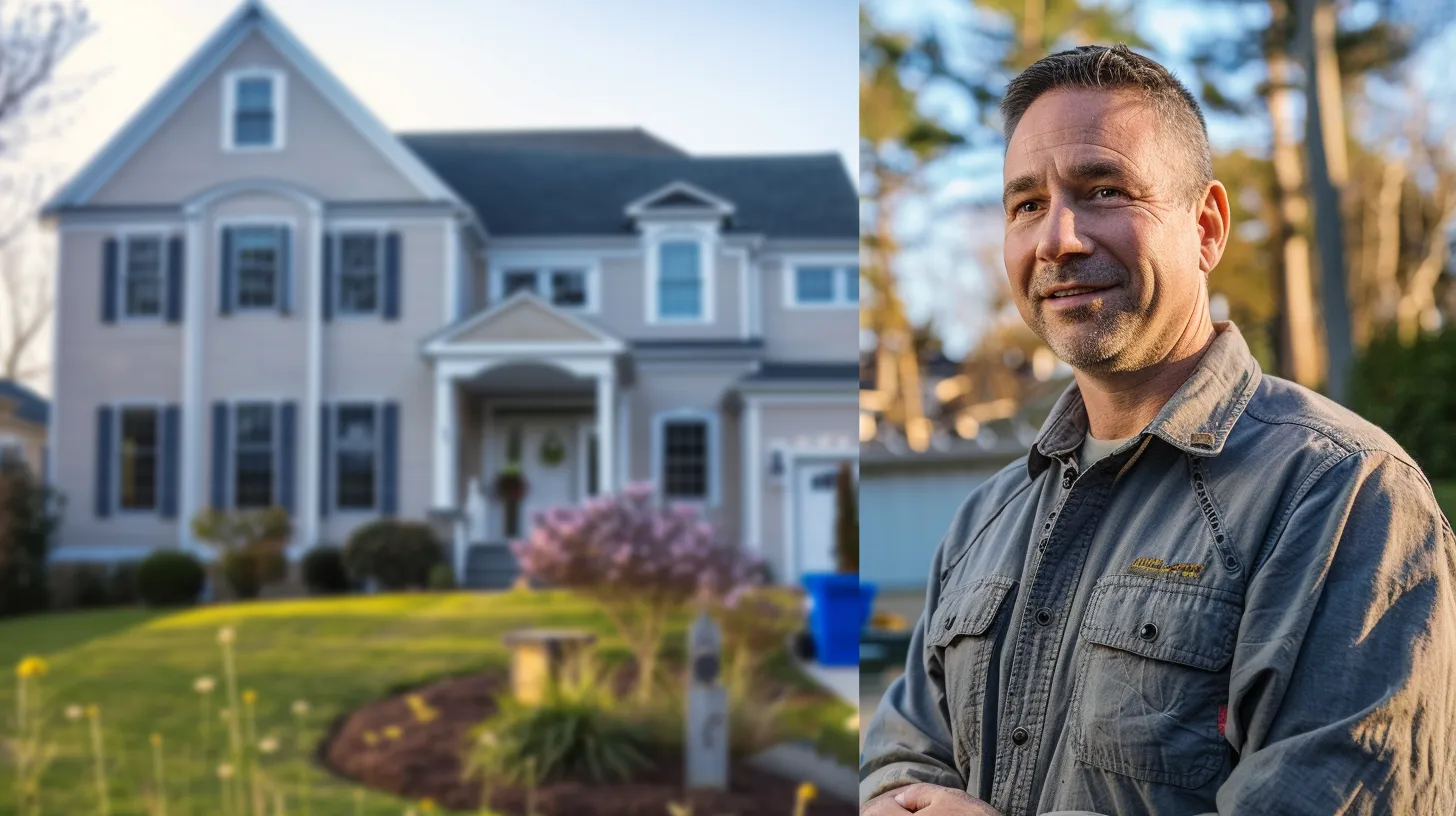
Evaluating the benefits and drawbacks of hiring a professional inspector versus conducting a DIY inspection is essential for Rhode Island homebuyers. This section will cover the pros and cons of professional home inspections, the advantages of performing a DIY assessment, and real-life scenarios illustrating each approach. Understanding these aspects aids buyers in making informed decisions regarding their home inspection needs.
Pros and Cons of Hiring a Professional Inspector
Hiring a professional home inspector in Rhode Island offers several advantages, including a comprehensive evaluation of the property and the expertise to identify hidden issues that may not be easily recognizable. Certified inspectors possess the knowledge required to assess the condition of structural elements, plumbing, and electrical systems thoroughly. However, the costs associated with professional inspections could be a drawback for some buyers, as the upfront fees may appear high compared to a DIY approach. Understanding these pros and cons is essential for homebuyers seeking to make informed decisions about their investments:
| Pros | Cons |
|---|---|
| Thorough evaluation by experts. | Higher upfront costs compared to DIY. |
| Identifies hidden issues effectively. | Availability may vary, leading to scheduling concerns. |
| Provides peace of mind with certification. | Possible reliance on inspector’s assessment for negotiation. |
Advantages of Performing a DIY Inspection
Performing a DIY home inspection can empower homeowners in Rhode Island to take charge of their property assessments. By utilizing basic tools and applying their observations, individuals can save on initial inspection costs while gaining a better understanding of their home’s condition. This hands-on approach allows them to identify obvious issues, such as water stains or cracked walls, before bringing in a professional if needed:
- Cost savings on upfront inspection fees.
- Gaining personal insight into the home’s condition.
- Ability to address minor issues promptly.
Real-Life Scenarios of Each Approach
In Rhode Island, real-life scenarios illustrate the distinct choices between hiring a professional home inspector and conducting a DIY assessment. For instance, a homebuyer who opted for a licensed inspector discovered extensive mold in the attic that they would have missed themselves, thus avoiding significant repair costs. Conversely, another homeowner performed a self-inspection and overlooked critical roof damage, leading to leaks and costly repairs shortly after moving in.
| Scenario | Outcome |
|---|---|
| Professional Home Inspection | Identified mold, preventing costly repairs |
| DIY Home Inspection | Overlooked roof damage, resulting in leaks |
Every home tells a story, but the law asks for proof. Knowing what is required in Rhode Island can protect that tale and the buyer’s investment.
Legal Considerations for Home Inspections in Rhode Island
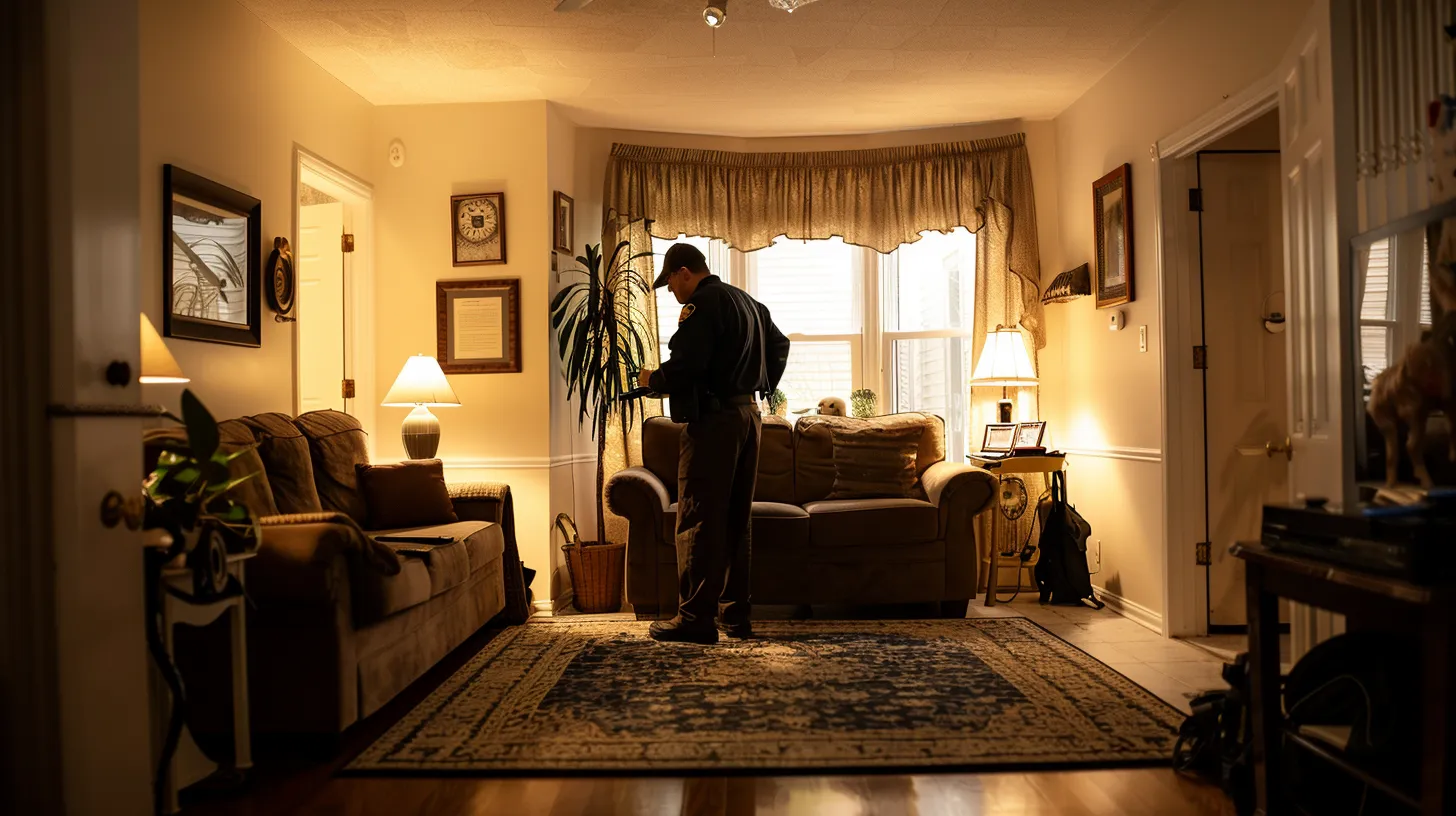
Understanding the legal aspects of home inspections in Rhode Island is essential for homeowners. This section will cover the certification requirements for professional inspectors, highlighting the qualifications necessary to conduct accurate assessments. It will also explore the liability risks associated with DIY inspections, as well as the importance of understanding home inspection contracts. Each topic provides valuable insights for making informed decisions.
Certification Requirements for Professional Inspectors
In Rhode Island, professional home inspectors are required to possess specific certifications to ensure they are qualified to conduct thorough home evaluations. These inspectors must complete approved training programs and pass examinations that cover various aspects of home construction, systems, and safety protocols. This formal training enables inspectors to identify potential issues that non-professionals might overlook, ensuring a more reliable assessment and giving homebuyers peace of mind when entering real estate transactions.
Liability Risks of DIY Inspections
Engaging in a DIY home inspection carries significant liability risks for homeowners in Rhode Island. If a homeowner misses critical issues, such as structural damage or mold, they may face costly repairs that could have been prevented with a professional evaluation. Moreover, without the expertise of a licensed inspector, individuals may inadvertently accept properties with legal or environmental hazards, which could lead to disputes or additional legal concerns down the line:
| Liability Risks | Potential Consequences |
|---|---|
| Missed Critical Issues | Costs for repairs and renovations can escalate. |
| Lack of Professional Insight | Increased risk of disputes over property condition. |
| Environmental Hazards | Potential health risks and legal liabilities. |
Understanding Home Inspection Contracts
Understanding home inspection contracts is vital for Rhode Island homeowners considering professional services versus DIY inspections. A well-drafted contract outlines the scope of the inspection, including specific areas to be evaluated, timelines, and costs, ensuring there are no surprises. Homebuyers should carefully review these agreements to confirm that all aspects of the inspection meet their needs and expectations, enabling a more secure investment in their property.
Legal matters can cloud the path to a safe home. Choosing between hiring a pro or taking the task on yourself demands clear thought and strong reason.
Making the Right Choice Between Professional Services and DIY
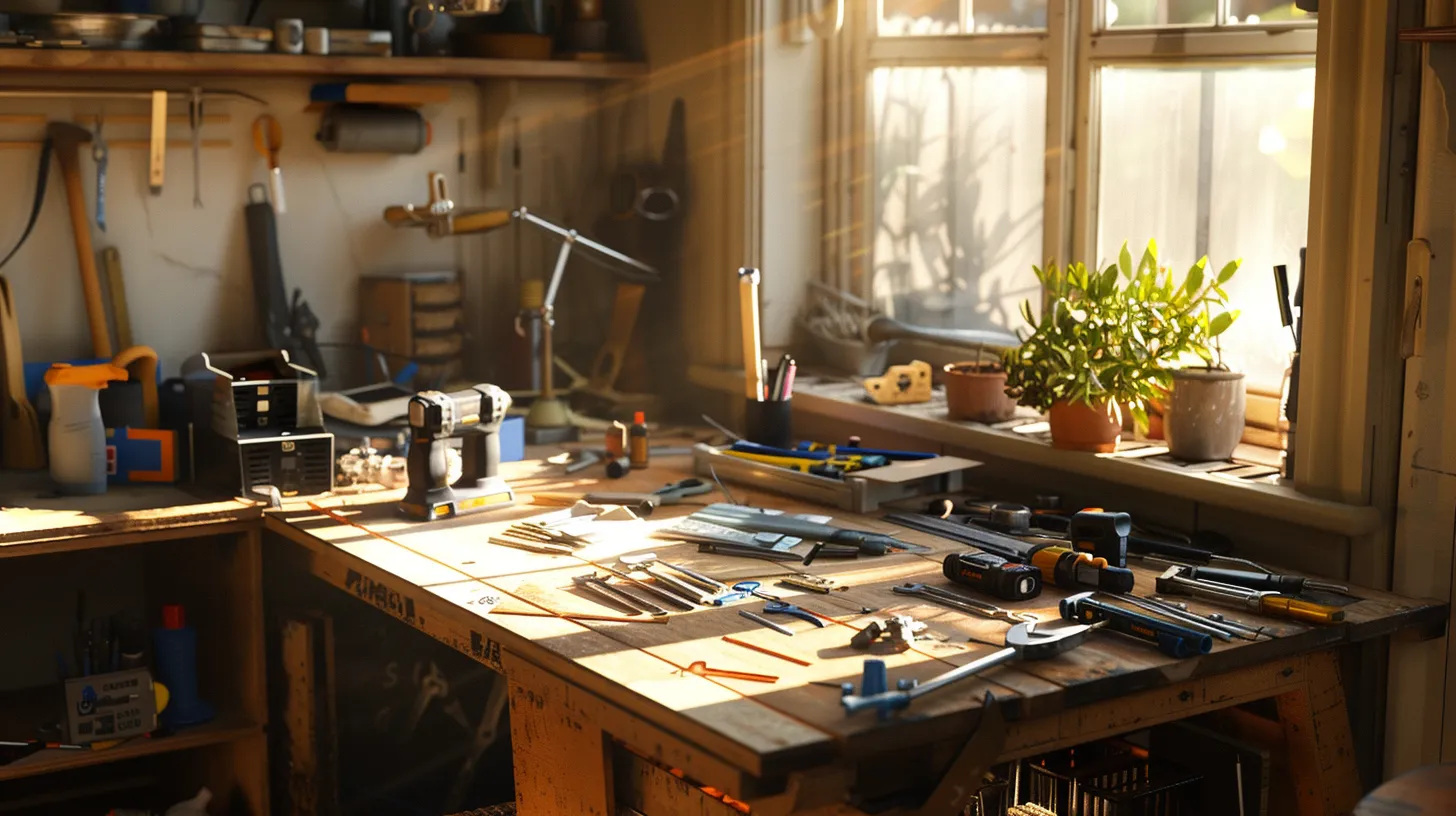
When deciding between hiring a professional Rhode Island home inspector and conducting a DIY assessment, several key factors must be considered. Questions to ask before making a choice can help clarify individual needs. Personalizing the home inspection experience ensures that specific concerns are addressed, while recommendations based on property type and condition assist in determining the most suitable approach for each unique situation.
Questions to Ask Before Deciding
Before deciding between hiring a professional Rhode Island home inspector or attempting a DIY approach, it is important for homeowners to consider several essential questions. They should ask themselves about their experience and comfort level with identifying potential home issues, as well as whether they can dedicate adequate time and resources to a thorough inspection. Additionally, evaluating the specific property type and its unique characteristics will help to determine if specialized expertise is necessary to uncover hidden problems that a professional would typically identify, ensuring a sound investment in their new home.
Personalizing Your Home Inspection Experience
Personalizing the home inspection experience is essential for homeowners in Rhode Island, as it allows them to address specific concerns and needs regarding their prospective property. For instance, if a buyer is particularly worried about potential mold exposure, engaging a professional inspector to focus on environmental hazards will ensure a thorough evaluation. By carefully considering these individual preferences and discussing them with the chosen inspector, homeowners can enhance the effectiveness of the inspection process, ensuring that all vital areas are explored and providing confidence in their investment decision.
Recommendations Based on Property Type and Condition
When deciding between hiring a professional home inspector or conducting a DIY assessment in Rhode Island, it is essential to consider the property‘s type and condition. Older homes may have hidden issues such as outdated wiring or plumbing that require a trained expert’s assessment, while newer homes might allow more room for DIY inspections. Additionally, unique factors like waterfront properties may involve specific environmental concerns that recommend a licensed professional’s expertise to address effectively:
- Older homes often need professional evaluation for hidden structural issues.
- Newer homes may be less risky for DIY inspections.
- Specialty properties like waterfront homes should involve licensed inspectors for environmental assessments.
Conclusion
Choosing between a professional Rhode Island home inspector and a DIY approach significantly impacts a homebuyer’s investment. While professional inspectors bring expertise and thorough evaluations that uncover hidden issues, DIY inspections may overlook critical problems due to a lack of training and experience. Prioritizing safety and informed decision-making can save homeowners from costly repairs in the future. Ultimately, understanding the strengths and limitations of each option will guide buyers toward a safer, sound investment in their new homes.
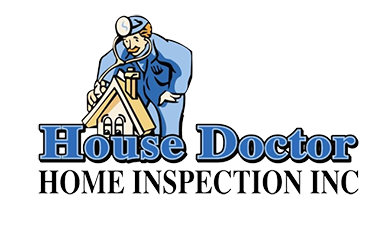
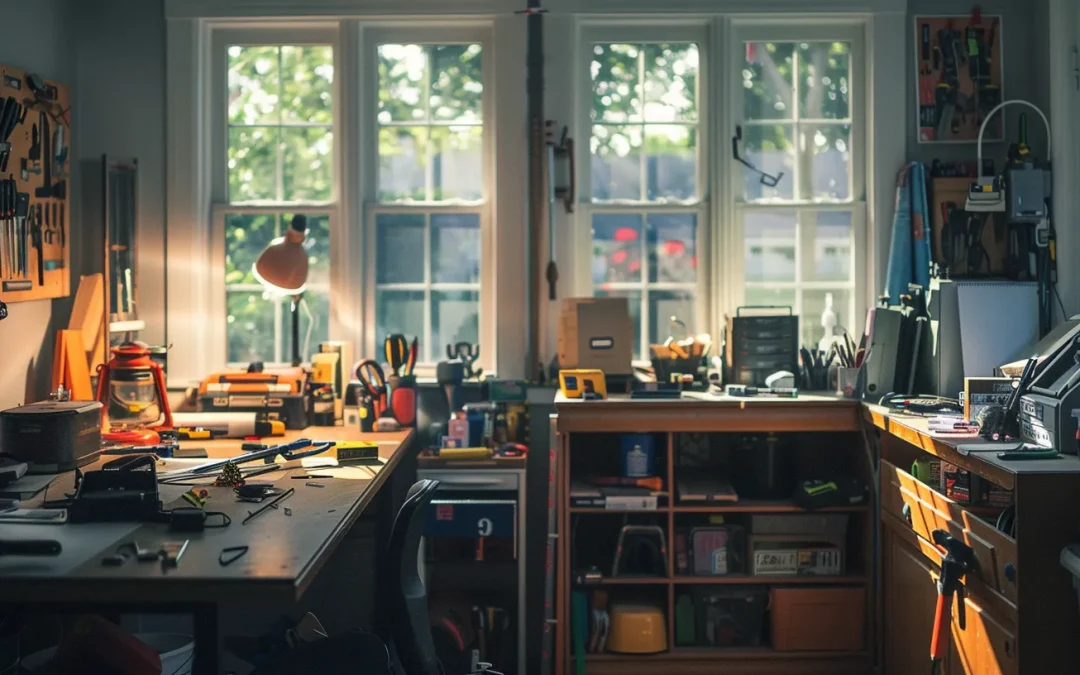
Recent Comments